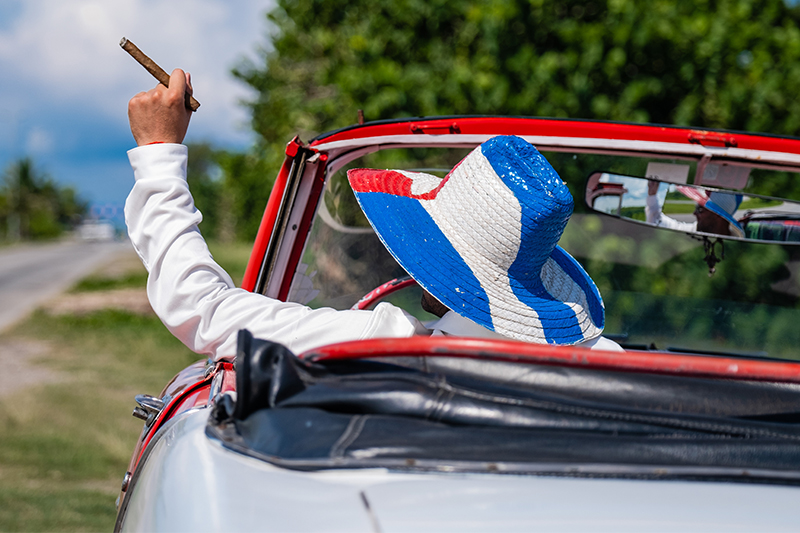Cigar tourism isn’t just catching on — it’s becoming a cultural movement, and a unique tool to support the commerce of cigars. The modern-day cigar enthusiast is seeking something deeper in their connection to the origin and tradition of premium cigars. From the sun-soaked tobacco fields of the Dominican Republic to the heritage-rich factories of Nicaragua and Honduras, cigar tourism offers a window into one of the last great artisanal industries still thriving in a global economy driven by mass production.
But domestically, cigar tourism is also becoming a vital means to support local shops, to promote brands, and to create opportunities for cigar fellowship in neighborhoods, regions and states. These events have become anticipated dates to celebrate the culture and camaraderie of cigars.
On the international front, walking the floors of a working cigar factory is like stepping into a time capsule — where families have passed down the trade for generations. There’s a reverence in watching master rollers perform their craft, with the scent of freshly aged tobacco lingering in the air.
For American shop owners, these experiences aren’t just educational — they’re transformational. Seeing firsthand how a cigar is born from the soil fosters a deeper, more compelling story to share with customers. And in an industry where story and origin matter, this type of authenticity builds trust, loyalty, and repeat business.
Countries like the Dominican Republic, Honduras, and Nicaragua have embraced cigar tourism as part of their broader economic strategy. They understand the contribution festivals and factory tours make to their nations, as they work in partnership with manufacturers and distributors to support the premium cigar industry.
Events like the Procigar Festival in the Dominican Republic or Puro Sabor in Nicaragua have transformed cigar tourism into a global celebration. These festivals aren’t just cigar parties. They’re cultural showcases. They offer educational experiences, factory tours, seminars, tastings, and charitable auctions. Leaders of the industry gather. So do lawmakers. Even heads of state.
The same is true in the United States, Events such as Drew Estate’s Barnsmokers, Cigar Aficionado’s Big Smoke in LasVegas and Florida, the Rocky Mountain Cigar Festival in Colorado, Smoke Inn’s Great Smoke, along with dozens of festivals and events spanning from Boulder to Buffalo, cigar tourism isn’t just good for sponsors and the industry, but they fill restaurants, bars and hotels for miles around the events – all in the spirit of bringing our cigar community together.
Aside from international festivals and stateside special events, cigar tourism is alive with factories here in the United States, as well. Ybor City’s blend of old-world architecture, Cuban cafés, and modern cigar lounges make it one of the few places in America where cigar culture, is a way of life. South of Tampa, travelers from around the world travel to Miami to the My Father headquarters and to El Titan de Bronze, to witness cigars in the making, and even farther south, cruise ship travelers are flocking to Rodriguez Cigars in Key West for cigar rolling classes, and rum pairing events. In a matter of days as the industry gathers in New Orleans, you can see travelers and locals alike, as they gather at The Cigar Factory, as rollers make your personal cigar experience come alive.
Cigar tourism isn’t just a novelty — it’s a celebration of a unique industry, cultural heritage, and global connection. It represents something worth defending: small businesses flourishing, nations benefitting from trade, and communities preserving tradition. It’s a reminder that not everything must be digitized, automated, or regulated.
So, whether you’re a shop owner, a seasoned aficionado, or a newcomer drawn to the mystique of the leaf, take a trip, visit a factory, and walk the fields.The cigar industry has a soul — and it’s one that deserves to be experienced, and protected.
– Contributed by Rob Burgess And Glynn Loope.

